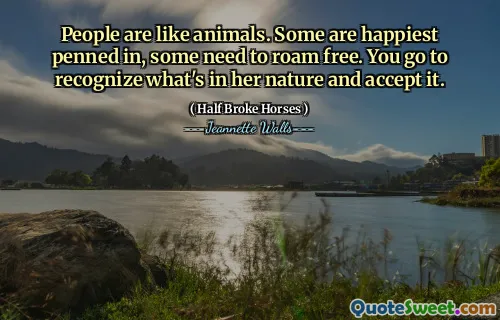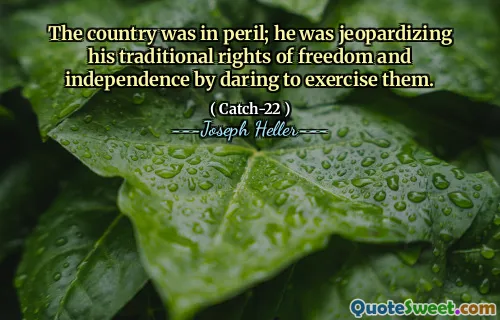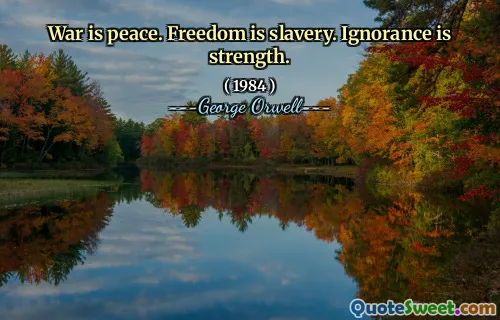
The paper burns, but the words fly free.
This powerful statement captures the transient yet impactful nature of words and ideas. In a world where physical documents, paper, and even digital storage are vulnerable to destruction, the essence of what we communicate—our words—can transcend tangible limitations. The image of paper burning evokes loss, censorship, or the suppression of ideas; yet, the words that once existed in that paper metaphorically continue to soar in the realm of thought, memory, and influence. It reminds us that even when physical forms are erased, the concepts, emotions, and knowledge embedded in our language can persist infinitely in minds, digital archives, or cultural consciousness.
Throughout history, many civilizations faced attempts to control or eradicate knowledge, whether through burning scrolls, censoring texts, or rewriting history. Nonetheless, ideas often survive these efforts, carried forward by those willing to remember and share. This highlights the resilience of human expression and the enduring power of words. It also encourages us to value the importance of preserving knowledge, not just in tangible forms but also in their ability to inspire and influence beyond physical constraints.
Furthermore, in the digital age, this quote resonates deeply. Although digital data can be lost or deleted, the ideas they contain can be reproduced, transmitted, and reinterpreted. The notion that "the words fly free" emphasizes the unbounded nature of language and communication. It suggests that even in the face of destructive or restrictive forces, human creativity and expression possess an inherent liberty that cannot be entirely contained or extinguished.
Ultimately, this quote is a testament to the enduring spirit of ideas and the importance of valuing intangible heritage—words, thoughts, and stories—that continue to influence our world long after physical manifestations are gone.











